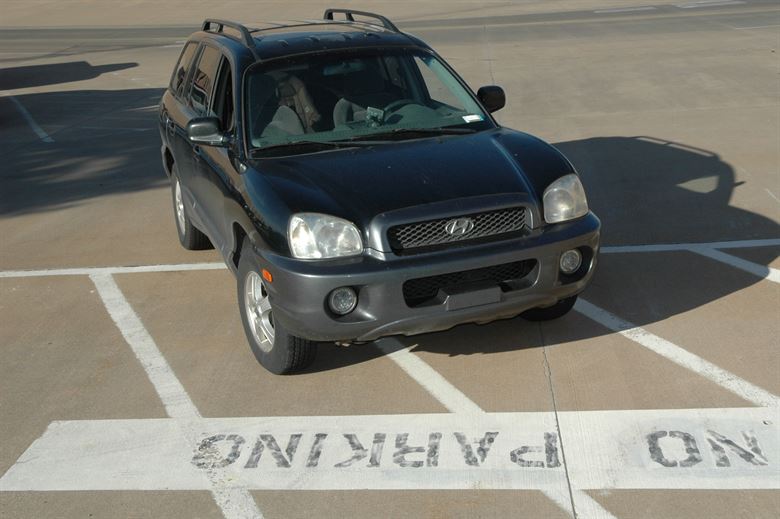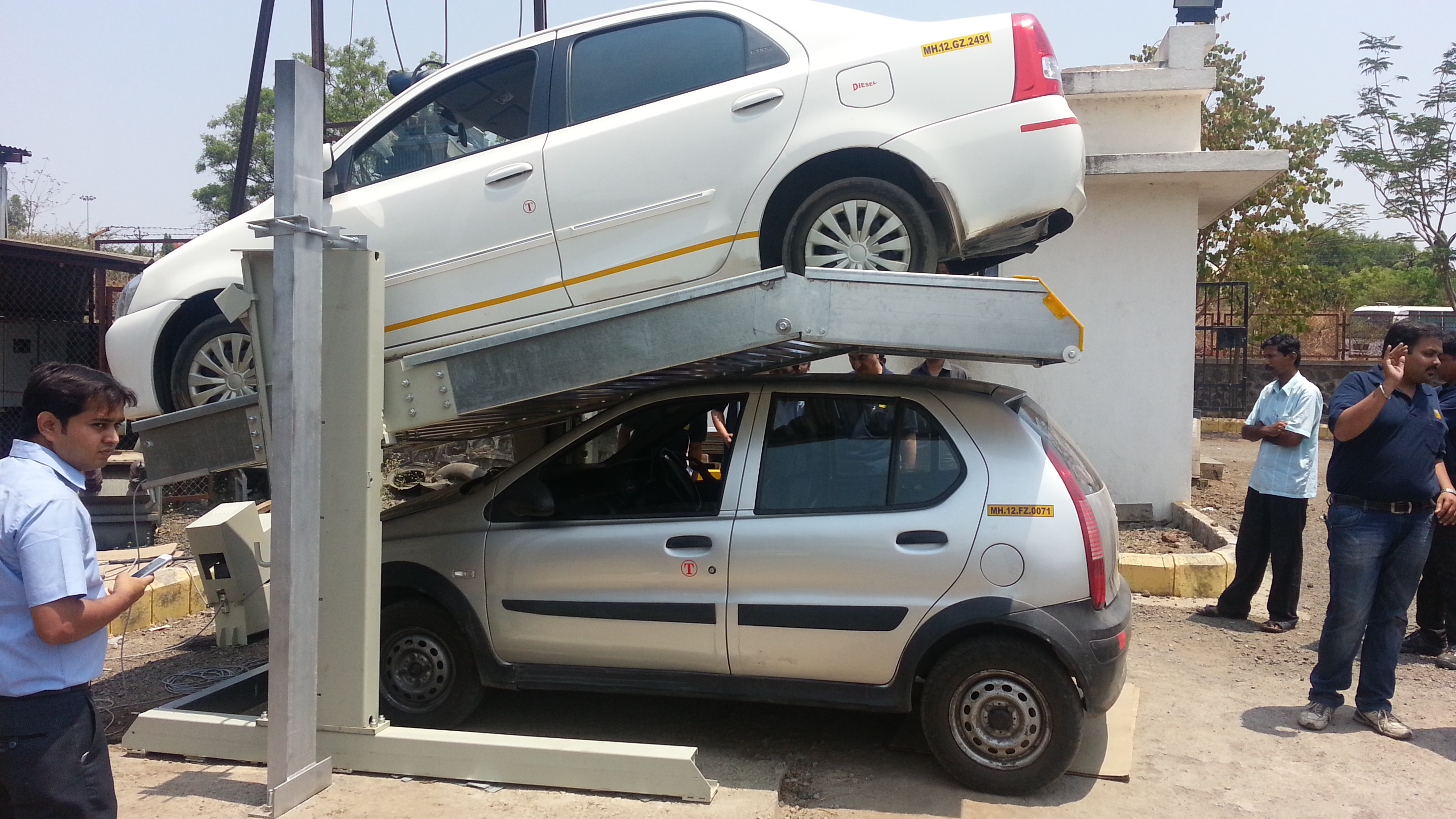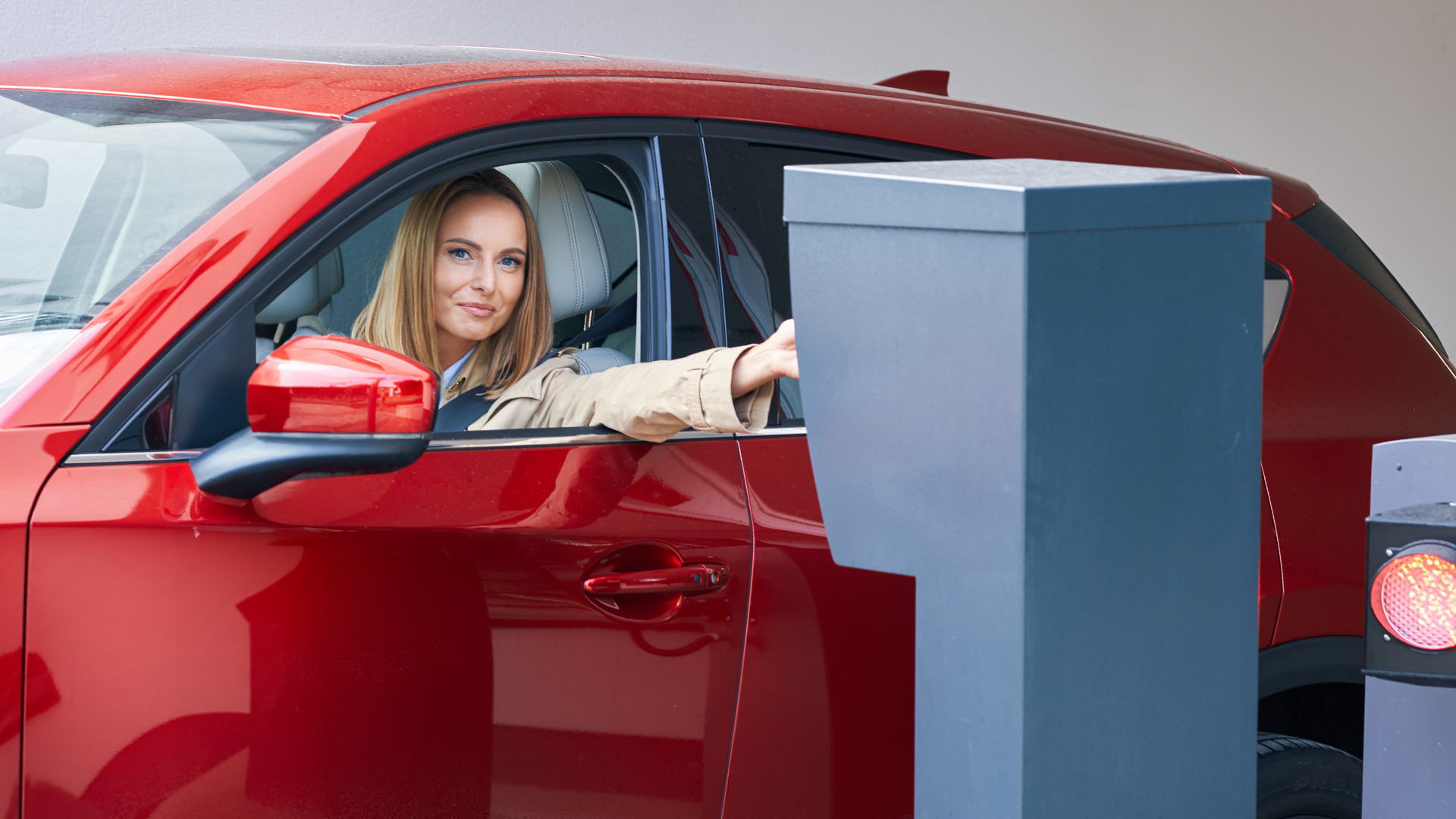Who is to Blame for Illegal Parking?3 min read
As vehicles on our roads proliferate, the menace of illegal parking continues to plague already congested societies. When it comes to India, the unfortunate fact is that our cities were never planned to accommodate a deluge of cars. The apathy of our planners and city administrations only makes it worse. Clearly, parking spaces are woefully falling short of our requirements. But who really is to blame for illegal parking?
The severity of problems caused by illegal parking ranges – from congestion to loss of revenue to fatal accidents; its impact is such that developed countries make a provision for it in their policies. Taking a page from their book, Indian cities, where this problem is the most prevalent, should aim to tame the beast.

Who is to blame for Illegal Parking?
When it comes to pinning blame on someone, enforcement and governance inefficiencies are often looked to. The lack of citizens’ respect for ‘trivial’ laws is just as appalling as the reluctance of the police to enforce them.
However, when we look at the big picture, we realize that India is a developing country. Most of the country’s major cities have existed since the 16th century, a time when the automobile hadn’t been conceptualized. When the industrial revolution hit and cars started to get produced en masse, the first car didn’t come to India till the 20th century. Add to that lack of touch with global events, inadequate planning for an absurdly large population, and the reason for outdated policies becomes clear.
A major contributor to the menace of illegal parking is a lack of information surrounding available parking spots. In the absence of crucial data, motorists often resort to parking in the first vacant space they can find, even if it is not meant for vehicles.
Weak policymaking and enforcement
While parking violations find a place in the law, our policymakers don’t seem to have a sophisticated understanding of the issue. In March this year, the Delhi traffic police turned several areas of the city into no-parking zones. A public notice was issued asking car owners to look for alternate parking spaces. Naturally, a knee-jerk reaction of this sort wasn’t going to solve the issue.
Solutions to solve Delhi’s parking woes in the past have also miserably failed to work because of a lack of will and planning on the part of the authorities. Multi-level automated parking lots could have tackled the acute lack of parking space to a great extent. The Municipal Corporation of Delhi had proposed constructing 14 automated multi-level parking lots nearly nine years ago. To date, none of them are operational. The ones that are, frequently struggle with issues – under-utilization, poor management, technical snags are a common occurrence.
Also Read: How Illegal Parking on Roads Causes Traffic Jams
Solving the problem of illegal parking
As parking spaces in urban areas shrink, we must look for solutions that not only help the current situation but also prevent future crises. Though stricter enforcement is the policy maker’s response to illegal parking, implementing a solution needs a sound understanding of the causes and patterns of illegal parking.
Similarly, the ability to assess the impact of a particular enforcement strategy is equally vital. Short-sighted reactions like restricting access to car ownership are not going to prove very effective. A longer-term view of the situation will need to be taken, involving proper planning and technological support.
Technology like smart parking is ideal to curb the problem of illegal parking. Through the use of sensors, software, and flexible payment systems, the IoT-enabled solution does a good job of presenting commuters with available parking spots, thus directly bringing violations down. This also reduces the time spent searching for parking spaces and maximizes revenue generated by parking operators.
Specific problems like that with automated multi-level lots in Delhi can be similarly solved by smart parking apps that highlight such spaces and make them accessible to users. In the absence of modern technological solutions, illegal parking will continue to mushroom in urban areas.



